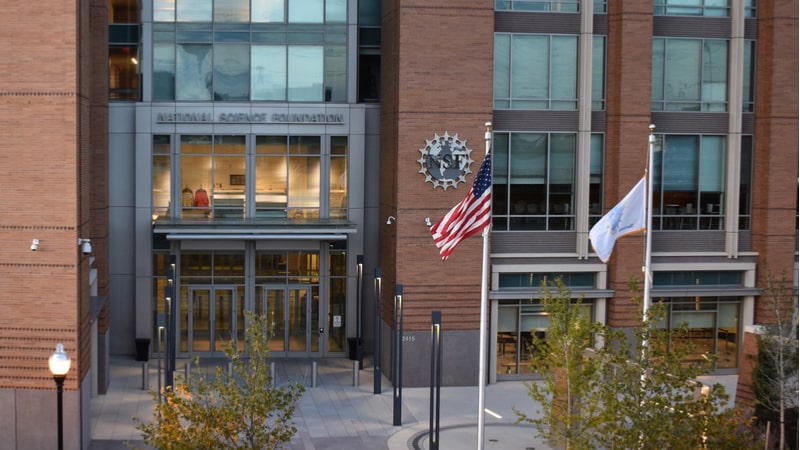
The National Science Foundation (NSF) launched its National AI Research Resource (NAIRR) pilot on Jan. 24, and already lawmakers and Feds are optimistic about the program’s ability to serve as a shared national infrastructure to support the AI research community and power responsible AI use.
“The pilot program for NAIRR is wonderful,” Rep. Jay Obernolte, R-Calif., said during a House Committee on Science, Space, and Technology joint subcommittee hearing today. “Obviously we are trying to codify that – we have the CREATE AI Act … to try and make that permanent and attach it to a permanent source of funding.”
The Creating Resources for Every American To Experiment with AI Act of 2023 (CREATE AI Act) is a bicameral, bipartisan bill introduced in July. Under the bill, NSF would oversee the NAIRR through a program management office. However, an independent non-governmental entity would oversee the day-to-day operations of the NAIRR, including the procurement of computational and data resources needed to do AI research.
NSF’s launch last month meets a goal set by President Biden’s recent AI executive order, which directed NSF to establish the NAIRR pilot within 90 days.
“Making the transition from the NAIRR pilot to a full-scale NAIRR will have incredible impacts on our academic AI research environment, as well as the ability for scientists and other domains to apply AI to achieve and accelerate breakthroughs. And I think the impact can’t be understated,” said Tess deBlanc-Knowles – NSF’s newly-named special assistant to the director for AI – during the joint Research and Technology and Energy Subcommittee hearing today.
The NAIRR pilot program is partnering with 10 Federal agencies and more than two dozen non-governmental organizations.
DeBlanc-Knowles highlighted during the hearing that the NAIRR pilot program enables open AI research; secure AI research; interoperable use of AI software and tools; and AI education and training. She said that a fully authorized NAIRR would allow the available resources to be larger and more diverse.
“There will be an integrated data discovery portal, higher levels of computational resources, and then also a really robust user support mechanism that would be built into the NAIRR, as well as a community of researchers that can use that platform to collaborate and learn from each other and access training resources,” deBlanc-Knowles said.
Jack Clark, the co-founder and head of policy at the AI company Anthropic – one of the 25 organizations partnering with NSF’s NAIRR pilot – expressed his optimism for both the NAIRR and the CREATE AI Act.
“The NAIRR will ensure that American scientists keep our nation at the forefront of frontier compute technology – creating important research and workforce opportunities and new avenues for economic growth,” Clark testified. “It is essential that the U.S. government and academic researchers have access to the tools needed to conduct essential research in areas that should not be left solely to private companies.”
The CREATE AI Act was referred to the Committee on Science, Space, and Technology in the House and the Commerce, Science, and Transportation Committee in the Senate.
Reps. Obernolte, Anna Eshoo, D-Calif., Michael McCaul, R-Texas, and Don Beyer, D-Va., introduced the House legislation, and Sens. Martin Heinrich, D-N.M., Todd Young, R-Ind., Cory Booker, D-N.J., and Mike Rounds, R-S.D., introduced the Senate legislation.
“We need to be in a position where all researchers and innovators across the United States have the tools,” Rep. Eshoo said during today’s hearing, “and that’s really in essence and what the NAIRR is, and I’m so pleased to carry the legislation.”
